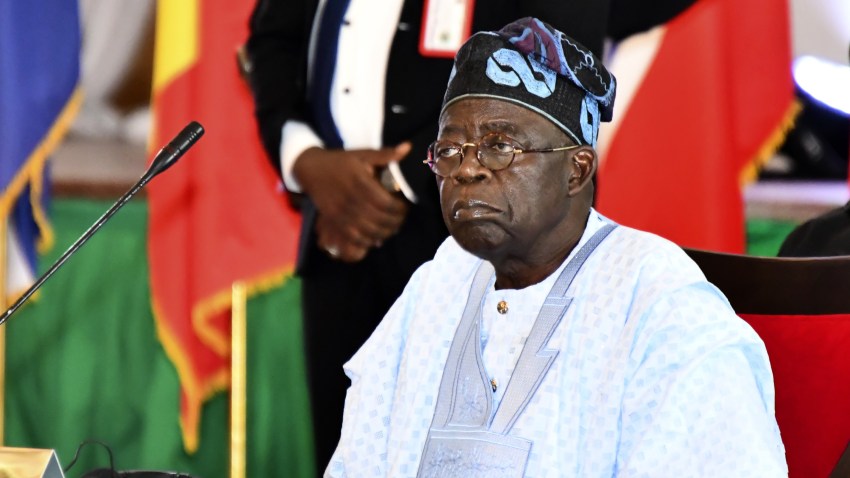When Nigerian President Bola Tinubu was elected chairperson of the Economic Community of West African States last July, just months after having won Nigeria’s presidential election, he boldly declared to a summit of the regional bloc’s leaders, “I am with you – and Nigeria, we are back.” It was a tacit acknowledgement that for eight years under Tinubu’s predecessor, former President Muhammadu Buhari, Nigeria had largely abandoned its role as the region’s hegemon. Buhari’s administration had closed borders, delayed ratifying the African Continental Free Trade Agreement and largely turned inward, especially during his second term.
In particular, Tinubu underscored his commitment to defending democracy across the region, which had already seen a string of military coups in Mali, Guinea and Burkina Faso. “We need it, to be an example to the rest of Africa and the world,” he said, speaking of democracy. “We will not allow coup after coup in West Africa.”
That statement could come back to haunt him, given recent developments in the region and ECOWAS’ performance under Tinubu’s leadership. Within weeks of his election as chairperson, another coup removed Niger’s democratically elected president, Mohamed Bazoum, with the junta that seized control in Niamey ignoring Tinubu’s threat of a multilateral intervention by a regional force unless Bazoum was returned to power. ECOWAS was ultimately forced to acknowledge the unconstitutional transfer of power and suspend Niger’s membership during a recent summit.

